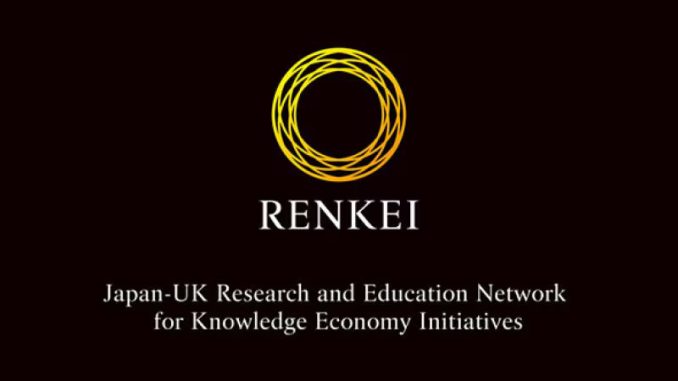
We have received an announcement from RENKEI, the consortium of British-Japanese universities, concerning their upcoming webinar “The 2025 Edward Boyle Memorial Lecture: The importance of global partnerships in higher education – Case studies from the RENKEI Network”.
RENKEI is delighted to invite you to attend the 2025 Edward Boyle Memorial Lecture, an event that will highlight the importance of Japan-UK partnerships in research, innovation, and education. This year’s lecture will explore the interdisciplinary nature of global collaboration and showcase the impactful work supported by RENKEI, a partnership between research intensive leading universities in Japan and the UK, aiming to further knowledge exchange and research collaboration between institutions and individuals.
This prestigious event is a collaboration between the University of Leeds and the Royal Society of Arts, Manufactures, and Commerce (The RSA), in partnership with RENKEI.
■Date & Time: Friday, 10 October, 18:00-20:30 (JST)
■Venue: Online (Live from Ritsumeikan University)
■Language: English (w/ Japanese interpretation)
Those interested are invited to register here.
More detailed information can also be found at the above site.
